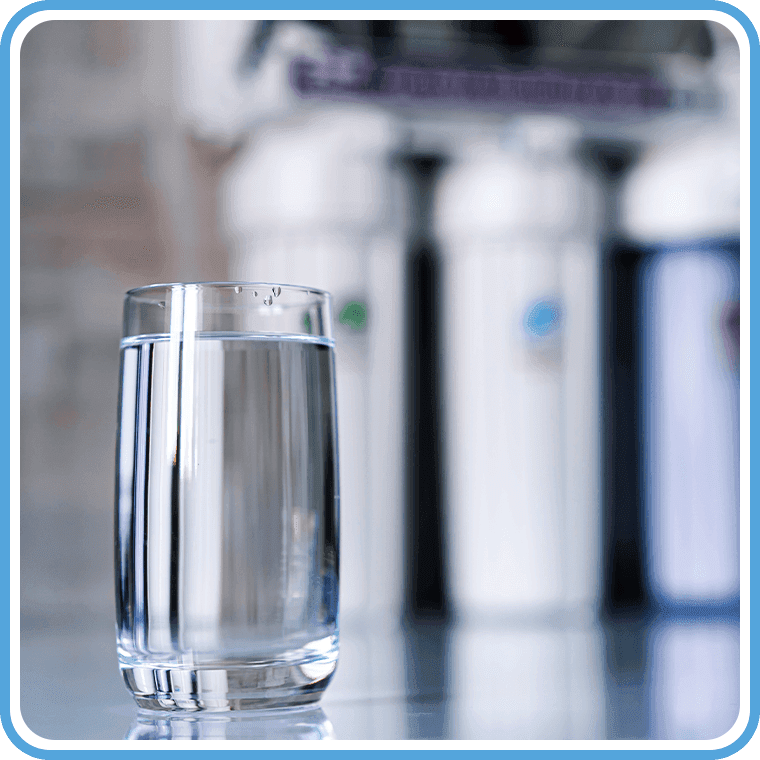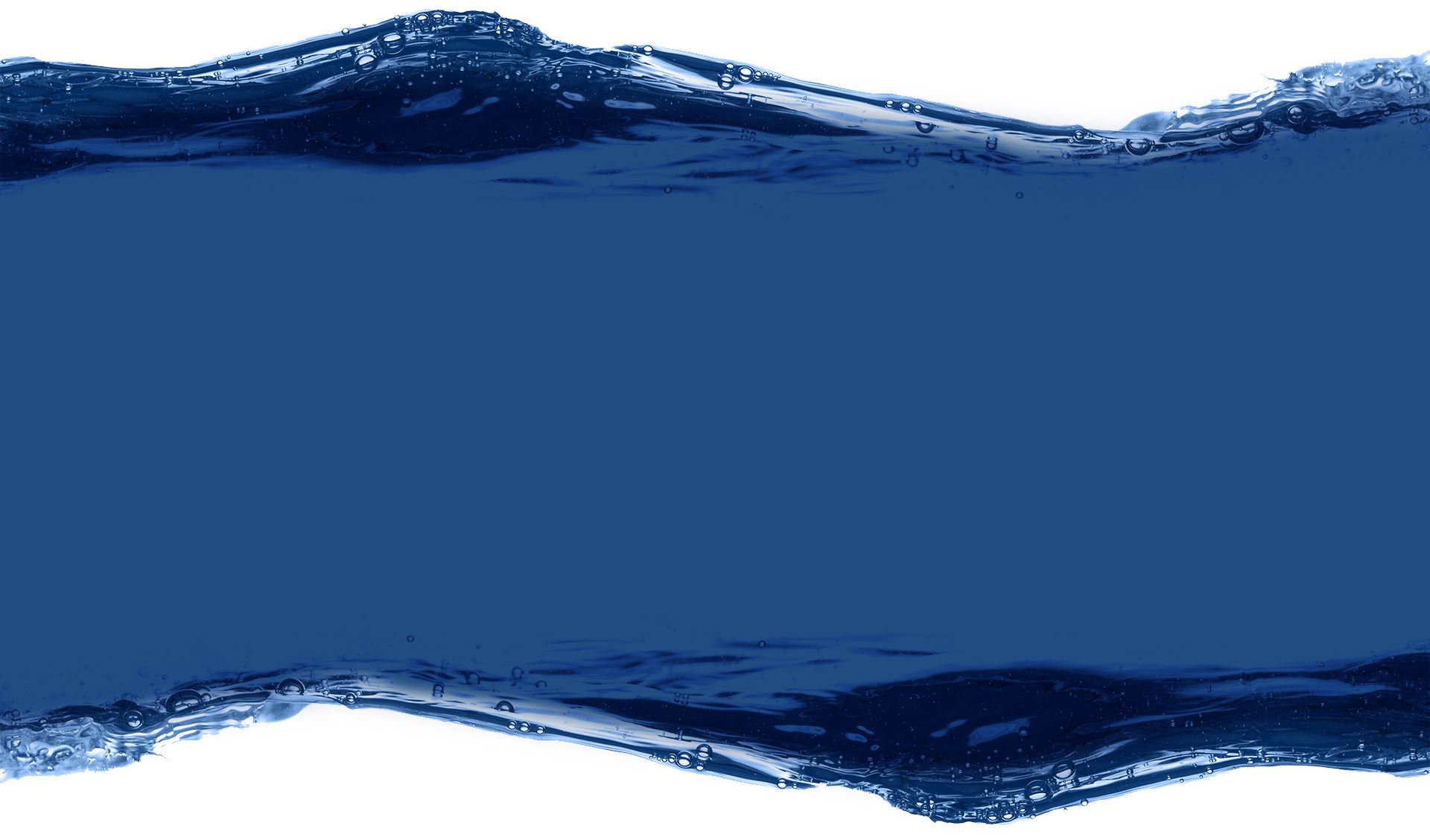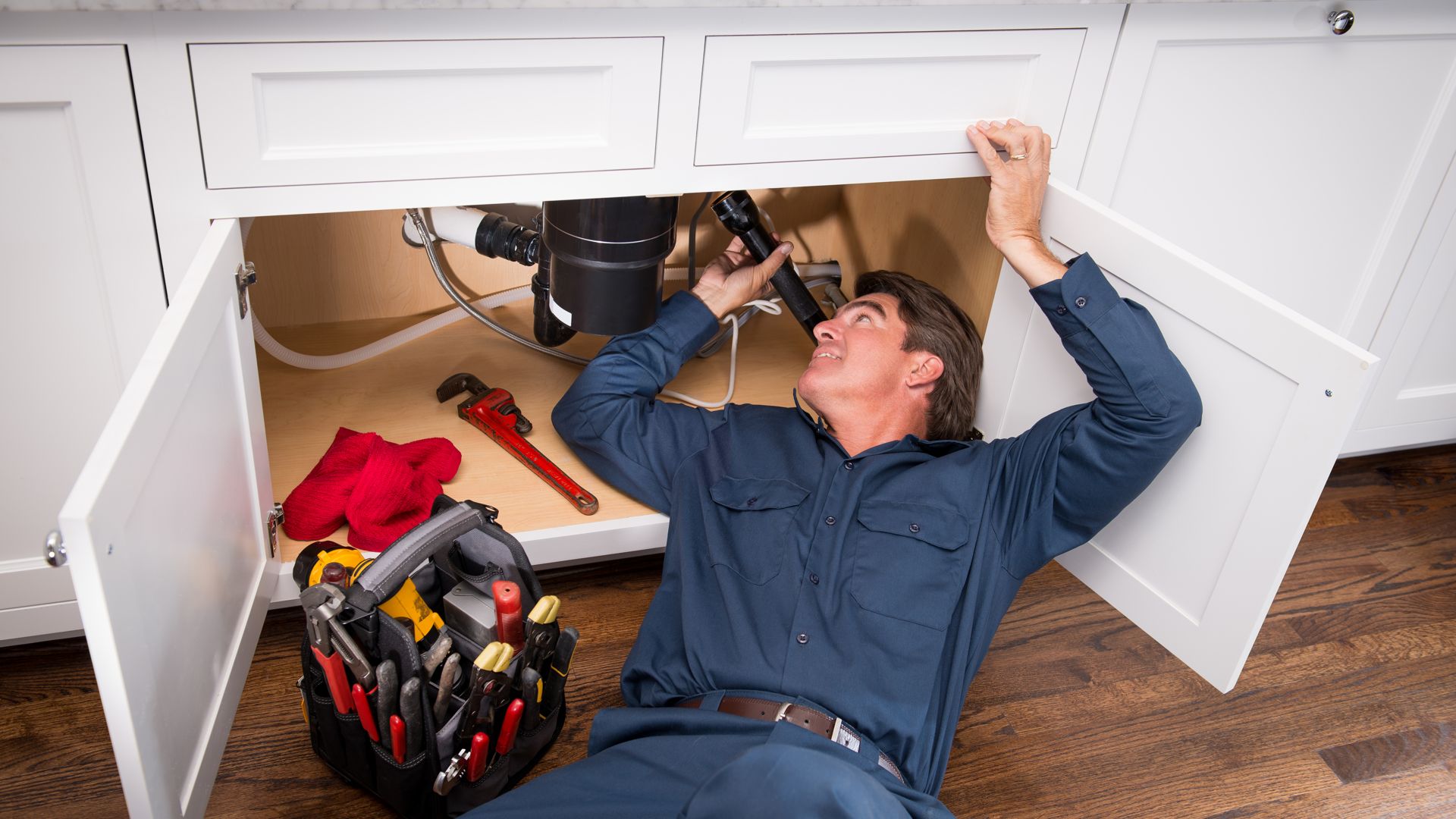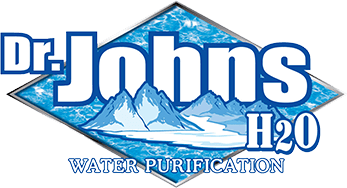
Greensboro Water Treatment
Comprehensive Water Treatment Solutions for the Triad Area
At Dr. Johns H2O Water Purification, we understand that every drop of water counts, which is why we offer top-quality water treatment solutions to make your water exceptional. Our non-electric water treatment products from top brands like Kinetico harness the kinetic energy of flowing water for reliable performance without the need for constant maintenance or electrical connections. Whether you’re looking for point-of-entry systems that treat all the water entering your home or point-of-access systems focusing on water used at specific locations like your kitchen sink, we can match you to the system of your dreams.
Water is essential for daily living, and ensuring it is free from impurities is crucial. Our team at Dr. Johns H2O Water Purification takes pride in providing a detailed analysis of your water quality. Through comprehensive testing and individualized solutions, we ensure that each system is finely tuned to meet the unique demands of your water supply. This in-depth approach guarantees not only immediate water quality improvements but also sustained long-term benefits.
Our team can identify any impurities and recommend treatment options tailored to your specific water quality issues. We mix and match innovative products, quality services, and knowledge to create customized treatment systems that can soften, filter, and neutralize just about any kind of contaminant.
Importance of Regular Water Treatment System Maintenance
Maintaining your water treatment system is essential to ensuring its longevity and performance. Regular maintenance checks can catch potential issues before they become serious, saving you time and money in repairs down the road. At Dr. Johns H2O Water Purification, we offer a maintenance schedule that aligns with your system's specific needs, including cleaning, part inspections, and performance evaluations. By keeping on top of these necessary tasks, your system will continue to provide pristine water, unaffected by common issues such as mineral buildup or filter blockages.
Greensboro's varying water conditions, such as seasonal water quality changes, can significantly impact your system. With our tailored maintenance programs, adjustments are made to adapt to these changes, ensuring your water is always in peak condition. Remember, a well-maintained system not only provides better water but also operates more efficiently, consuming less power and preserving resources.
Contact Dr. Johns H2O Water Purification in Greensboro for Your Water Treatment Estimate (336) 560-9540.
Our Water Treatment Services
How Can We Help You?
-
Whole House Water Filtration
-
Water Filtration & Purification
-
Water Analysis & Testing
-
Drinking Water Systems
-
Reverse Osmosis Systems
-
Chloramine-Reducing Water Systems
-
Water Softeners
-
Commercial Water Treatment
-
Bottleless Water Coolers

What Makes Treated Water Better Water?
Water treatment systems can address and eliminate the impurities and contaminants that can diminish the quality, safety, and taste of your tap water.
Our water treatment systems are designed to offer benefits that go beyond just clean water. Implementing these systems can lead to significant improvements in household health and efficiency.
Our water treatment systems can bring you benefits like:
- Enhanced Taste and Odor: Treated water removes chlorine and other chemicals, resulting in clearer, better-tasting water.
- Healthier Skin and Hair: Softer water is gentler on your skin and hair, reducing dryness and irritation.
- Extended Appliance Lifespan: By eliminating minerals like calcium and magnesium, our systems help prevent scale build-up in pipes and appliances, enhancing their efficiency and longevity.
- Cost Savings: Improved water quality means fewer plumbing repairs, lowered energy bills from more efficient appliances, and reduced need for bottled water.
- Environmental Benefits: Eco-friendly water treatment systems, like our non-electric Kinetico products, reduce plastic waste and conserve energy.
- Safety and Peace of Mind: Treated water ensures that harmful bacteria, sediments, and contaminants are kept at bay, providing your family with safe water for drinking, cooking, and cleaning.
By choosing treated water, you’re investing in the health, safety, and well-being of your household while also contributing to a more sustainable community. It’s not just about filtering out impurities; it’s about securing a healthier lifestyle, reducing household costs, and safeguarding the environment for future generations.
Understanding Greensboro’s Water Conditions
Greensboro, North Carolina, is home to rich water sources that require careful consideration and treatment to maintain quality. Due to varied seasonal rains and geographic influences, the water supply can often contain higher-than-desired levels of natural minerals and particulates. This makes an effective water treatment system crucial for local residents. The systems we provide at Dr. Johns H2O Water Purification are designed to adapt to these conditions, ensuring that Greensboro homes and businesses receive water that meets the highest standards.
Our community's commitment to clean water is also reflected in local regulations focused on safeguarding water supplies. Partnering with Dr. Johns H2O Water Purification means you'll not only comply with these standards but also improve your water quality through tailored solutions. Whether it’s reducing common contaminants or adjusting for environmental changes, our systems are equipped to handle the unique challenges of Greensboro’s water.
Frequently Asked Questions About Water Treatment Systems
What Are the Benefits of Using a Kinetico Water System?
Kinetico water systems offer several key benefits that are especially useful to homeowners in Greensboro. Firstly, their non-electric design means you don't have to worry about power outages impacting your water supply. They use the kinetic energy of moving water to power the system, providing reliability that is crucial for consistent water treatment. Moreover, these systems are highly efficient, which translates to lower operational costs over time. This is particularly valuable in regions like Greensboro, where seasonal weather variations can impact water supply.
How Often Should I Service My Water Treatment System?
Regular servicing of your water treatment system is vital to ensure it continues to function efficiently. It is generally recommended to schedule maintenance at least once a year for a comprehensive review of the system’s performance. Routine checks can prevent small issues from becoming significant problems and ensure that filters and other components are functioning optimally. Given Greensboro’s variable water conditions, some systems might require more frequent servicing. At Dr. Johns H2O Water Purification, we offer tailored maintenance plans to cover all aspects of your system's needs, optimally timed based on the specific conditions of your water supply.
Is Filter Replacement Necessary?
Filter replacement is an essential part of any ongoing water treatment plan. Over time, filters trap various particulates, and their effectiveness diminishes as these contaminants accumulate. Replacing filters ensures that your system continues to produce high-quality water. The frequency of filter replacement can vary based on factors such as water usage, the type of filter used, and the specific water quality issues in Greensboro. Typically, a review of filter performance should be part of your annual maintenance. Our team can guide you in selecting the right replacement schedule tailored to your system’s specific needs.
How Do I Choose the Right Water Treatment System?
Choosing the right water treatment system involves considering several factors, including your household’s specific water usage, the types and levels of contaminants in your water, and any particular water quality issues you might face. In Greensboro, systems need to adapt to local water quality challenges, such as variations in chlorination and mineral content. Consultations with our team at Dr. Johns H2O Water Purification provide a comprehensive water analysis and recommendations for systems that will best address your needs. Investing in a system that suits your particular conditions ensures you get the maximum benefit from your water treatment efforts.
What Should I Do in Case of System Malfunction?
If your water treatment system malfunctions, it is crucial to act quickly to prevent disruptions in water quality. Begin by checking for any apparent issues such as blockages or leaks. If no straightforward solution is found, contact Dr. Johns H2O Water Purification for immediate assistance. Our team in Greensboro is available for swift repairs, utilizing our comprehensive understanding of local water conditions to provide efficient and effective solutions. Staying proactive with regular checks and prompt responses to any malfunctions helps ensure your system remains in optimal condition.
We’re ready to bring better, treated water to customers throughout The Triad and beyond – call us at (336) 560-9540 or contact us online today to get started!


Why Choose Dr. Johns H2O Water Purification?
Our Commitment to Quality Service Makes a Splash
-
20+ Years in BusinessWe have over 20 years of experience as the Triad's water treatment experts.
-
Proud Kinetico DealerWe are your local authorized dealer for the Kinetico Water Treatment Systems.
-
Family-Owned & OperatedThe Johns family is proud to serve yours. We care about your water.
-
We Offer Water AnalysisTalk to our water specialists today for a home water analysis.
-
Top-Notch Customer ServiceWe care about customer service just as much as we care about your water.
-
Competitive PricingWhen you call Dr. Johns, you can expect quality service at a fair price.
Happy Customers in Your Neighborhood
Dr. Johns Puts Your Satisfaction First!
-
"On-Time & Worked Hard"Dr. Johns rocks. They were on time and worked very hard to get me taken care of. They looked at different ways to run the water line so that I was able to have clean water for my home and family. Thank you for all your hard work!- Kristy C.
-
"Great Experience"Dr. Johns offered us several options to solve our specific water issues. We had them back out within the week to get everything installed. It's been so nice not having to worry about what's in our water. Overall a great experience!- Daley J.
-
"Excellent System"Excellent system! It's almost been a year since we had our water filter installed. We have a well with lots of sediment. This system improves our water and saves our appliances. The staff has always been friendly, courteous, and knowledgeable.- Dana H.
-
"Nice People"Always real nice people when Dr. Johns comes by!- Percy R.
-
"Highly Recommend"I would recommend everyone use Dr. Johns for water treatment. We are also planning to hire Johns to do yearly maintenance on our furnace and air conditioner!- Ruth Y.
-
"Above & Beyond Service"This is an excellent company that stands by its products and services. Jason went out of his way to help me when my water dispenser broke right before its warranty date. He contacted the manufacturer and replaced my water cooler. I am so glad I picked Dr.- Ruthie K.


-
Blog
-
FAQ
-
Financing
-
Service Area



